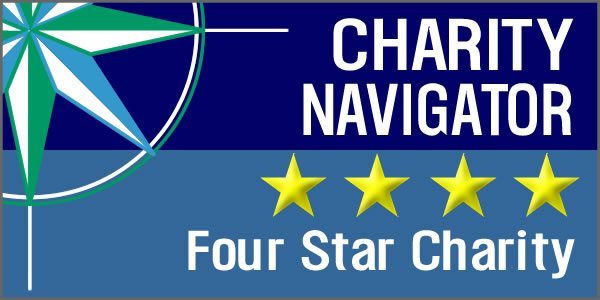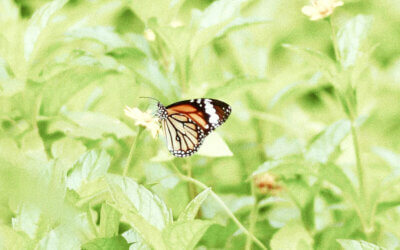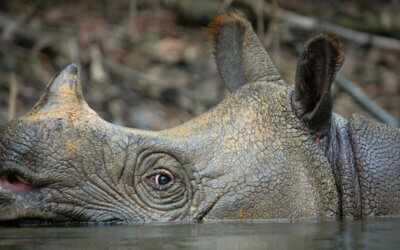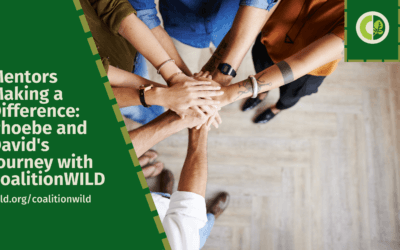What will make a Global Deal for Nature a Reality?
78 million. That’s how many people the WILD Foundation helped reach this last Earth Day with a call to sign the Global Deal for Nature, a Nature Needs Half-based petition supported by an alliance of NGOs. (You can sign the Global Deal for Nature here.)
If you haven’t heard about the Global Deal for Nature, here’s a few relevant details. It is a science-based call for the protection of half the planet in order to save life on Earth. It will be used in 2020 at the United Nations Convention on Biodiversity to urge world leaders to adopt ambitious, new protected area targets, culminating in the protection of 50% of Earth’s land and seas by 2050.
The number of people reached, 78 million, is a drastic increase over 2018 in the global population aware of and talking about the necessity of a half-based approach to the protection of life on Earth. Moreover, we observed the conversation light up in countries that have previously been silent on the question of Nature Needs Half. Throughout India, Brazil, South Africa, and China (among other places), people were posting about the Global Deal for Nature, encouraging their friends and networks to sign on.
The question that many are asking – now that the conversation is started and tens of thousands of people are signing a petition – is what’s next?
Ultimately, to make real headway towards the protection of half the Earth, national and community level leadership must be mobilized to act, separately and in coordination.
That’s where the 11th World Wilderness Congress (WILD11) comes in. The World Wilderness Congress is a great gathering for the protection of life. It is the longest running, international, public environmental forum. For over 40 years it has helped put wilderness and Earth’s remaining wild places at the forefront of policy and social agendas.
WILD11 will take place in Jaipur, India in 2020 between March 19-25, serving as an essential stepping stone for Nature Needs Half to two different decision-making arenas. The first is global in scope, targeting the upcoming United Nations 2020 conventions on climate and biodiversity. The second decision-making arena is national-level policy, especially within a group of countries referred to as the BRICS (Brazil, Russia, India, China, and South Africa). The BRICS make up over 40% of the world’s population and are home to much of its remaining biodiversity.
WILD11 will serve Nature Needs Half by carrying out two critical functions: agenda-setting and community organizing. WILD11 will help place and keep protecting 50% on decision-makers’ agendas in both government and the private sector. And by doing so, WILD11 creates new opportunities to protect nature at the scale she needs.
In order to act, leaders need the support of broad-based coalitions within the public. WILD11 organizes business, finance, the arts, activists, practitioners, and traditional communities to coordinate within and across national boundaries on shared goals and objectives. By building strong international and national coalitions that can sustain and grow in-country support for the protection of half in nations around the world, WILD11 helps support better leadership for nature.
The next 12 years are critical for life on Earth. If governments are to make use of the scientific and technical solutions available to address this unprecedented challenge, building national leadership and coordination in some of the world’s largest and most economically and ecologically important countries is a must on our way to successfully defending life on Earth.
Never has it been more true that together we can keep Earth wild.
For more information on WILD, please visit here. To discover more about WILD’s 2020 & Beyond BRICS-based strategy, please visit here.
Read Next
A Reflection by Timothy Hass, WILD’s Trustee
I know that for many people, venturing into wilderness areas is a very important element for health and balance in their lives. I feel this as well, but also, for me, the nature directly around me is equally important.
Tech & Tradition – Q&A with Ruari Bradburn, Chief Technology Officer at Langland Conservation
“Tech & Tradition” delves into the evolving landscape of conservation, exploring the synergy between traditional wisdom and technological innovation.
Mentors Making a Difference: Phoebe and David’s Journey with CoalitionWILD
At CoalitionWILD, we believe in the power of mentorship and the transformative impact it can have on the lives of young conservationists. Here, we shine a spotlight on two exceptional repeat mentors, Phoebe Barnard and David Manski, who have been actively involved in our Global Mentorship Program. Their dedication, wisdom, and passion for conservation have inspired and guided numerous young professionals on their journey to become future leaders in the field.
 BECOME A MEMBER
BECOME A MEMBER
Join the WILD tribe today!






0 Comments